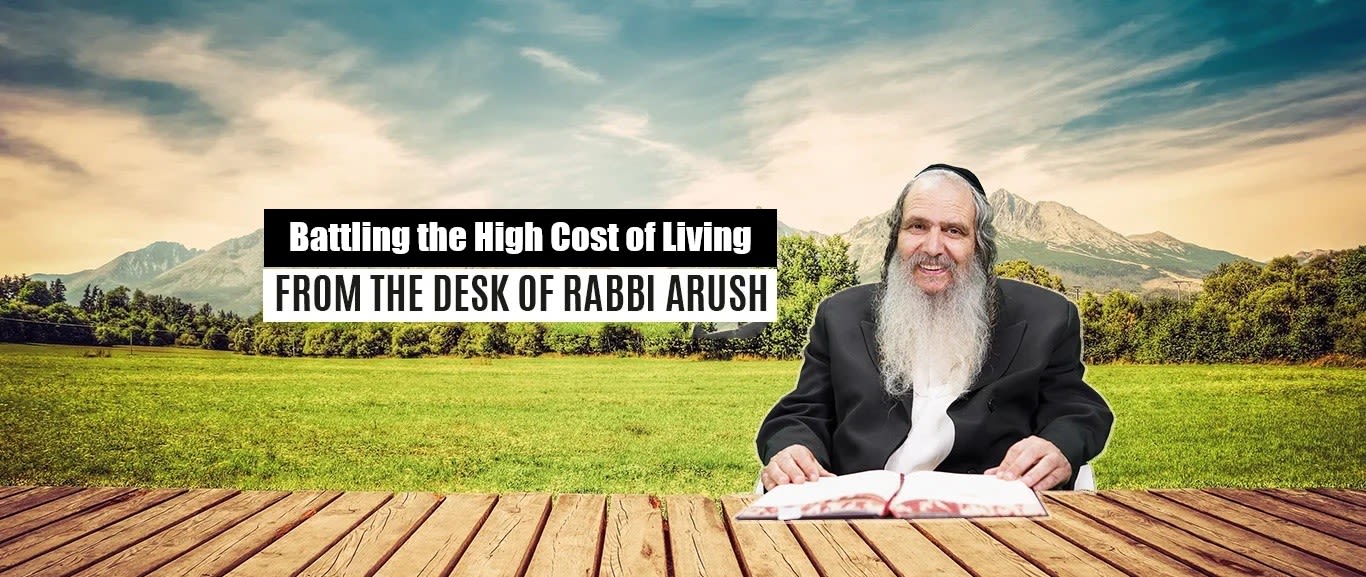
Battling the High Cost of Living
Passover is coming soon, and expenses are mounting. Rabbi Arush tells us of an ATM that supplies money to whoever sticks his hand in the machine! If you're interested in this ATM, read on...

Translated from Rabbi Arush’s feature article in the weekly Chut shel Chessed newsletter. The articles focus on his main message: “Loving others as yourself” and emuna.
Give or Take
Pesach, chag ha’aviv (the Spring Festival) always awakens a feeling of excitement and great renewal on the one hand, but also a sizeable worry on the other hand: the holiday expenses are many, and not everyone has the wherewithal to cover them.
This year, this problem is felt even more. In Hebrew there is a term for it: yoker hamichya – high cost of living. Many people have come to me who until now have always lived simply but comfortably and now pour their hearts out to me that they have been finding it very difficult to cope with the rising prices and with the various unexpected expenses that have been landing on them. And now, before Pesach, there is a growing worry: Where will my help come from???
Of course, we have nothing to complain about. Our generation enjoys unprecedented abundance. And yet, we must relate to the feelings of the poor. Indeed, in the very first section of the halachot of Pesach, the Rama rules that one must think of the poor and make sure they have what they need for Pesach.
In spite of the fact that the rabbis and chachamim in all generations focused on the poor and their needs throughout the year, when Pesach approached they went out of their way to collect funds and to distribute to the needy, and today, too, we see impressive distribution systems of Kimcha d’Pischa (Aramaic – “flour for Pesach”) that supply the poor with an array of products and food coupons for Pesach as well as for some months after it sometimes. Ashreihem Yisrael – Happy are they, Yisrael, who do such chessed!
Rabbi Levi Yitzchak, the elder of the Breslev community, would make a personal appeal to each and every one of the community members, and ask them to help the poor. There were those who said to him: “I can’t help, I am unable to help.” To them he would reply: “If so, then I’ll give to you. I’ll add your name to the list of Kimcha d’Pischa recipients.” And to those who said to him, “No, rabbi, although I don’t have enough to give, but I don’t need to receive…” – he would reply with his typical firmness: “There is no such thing! Either you give, or else you get!”
Financial Genius
Therefore, every person should participate in supporting the poor before Pesach to the point of going out of his way and giving according to his ability and even more.
Indeed, when there is a shortage and difficulty, one should give more tzedakah, which is the vessel that draws down abundance and blessings. Chazal tell us that if a person sees that his food is becoming more limited, he should give some of it to tzedakah. They also said that “The salt of money – is lack”. Rashi explains that salt preserves things, and anyone who wants to “salt” his money, in other words to preserve and maintain his money – should give part of it to tzedakah, and that will preserve it.
The Rambam promises in a halacha in Hilchot Tzedakah: “A person never grows poorer by giving tzedakah, and no bad thing nor damage is caused by it, as it says, ‘The act of goodness will be repaid with peace’.” And anyone who has mercy on others, Heavens will have mercy on him.”
You might wonder: Where is the economic logic in this? If you don’t have money, common sense says you should limit your expenses and not increase them.
But the abundance is sent down to a person according to the degree of his bitachon (trust) in Hashem. It doesn’t matter how much money you have. It doesn’t matter how high your salary is. It doesn’t matter if you are talented and smart and strong. Hashem is the One who feeds and supplies one’s livelihood. Period. According to your bitachon, according to your emuna (faith) that your livelihood is entirely in His hands, yitbarach – according to all this, you are sustained by Hashem.
Money Machine
And therefore, there is one thing in common to all the segulot (opportune acts) for parnasah (livelihood): All of them strengthen the person’s emuna and bitachon.
Saying the passuk, “You open your hand and satisfy the needs of every living thing” is a segula for parnasah, because it embeds emuna and bitachon in the person who says it. Parashat Hamann (the section in the Torah that tells the story of the mann that the Jews ate in the desert) is a segula for parnasah because it speaks of emuna and bitachon. R. Shlomo of Radomsk used to say that the prayer “Ohr Lashamayim”, which starts with the words “Ribbon Ha’olamim, I am only in Your hand” is a segula for parnasah because it embeds emuna and bitachon in the person who says it. And so on and so forth regarding all the segulot for parnasah.
Rabbi Nachman tells in one of his stories that there is a vessel that whenever someone sticks his hand in it, he finds money in it. “A money machine” (ATM?…). The chassidim explain that this ‘vessel’ is the trait of having bitachon in Hashem! Whoever has bitachon, will never lack anything!
And therefore, it is precisely now, when the expenses are huge, that we must strengthen our trait of bitachon. Until now, everything has been moving along well, more or less, and we had thought, mistakenly, that we “are managing on our own”…
But now, before Pesach, which is the festival of emuna – Hashem yitbarach is calling out to us and wants us to be close to Him. He wants us to be attached to Him, and He reminds us to lift our eyes up to the sky and hope only for His salvation.
Rabbi Nachman says that that is what creates the vessel that can contain all that abundance: “Because the bitachon is a way of looking – looking only to Hashem yitbarach and trusting in Him, as in ‘All raise their eyes to You in hope’; for by looking with bitachon one also creates a vessel.” It is further explained there that abundance is always coming down from above, and the only thing that is lacking is the vessel with which to receive it – and that vessel is bitachon.
More about Bitachon
There are many books about bitachon, and they are all important and beloved. But bitachon is a strong feeling, deep in the heart. It is not enough to know it intellectually; it has to be embedded in the heart. And there are a few ways to do so.
The first way is by telling stories. A story pierces the heart. It bypasses the brain’s barriers and sends messages straight to the heart. And so, if you can’t speak about it directly, using logic, you must be wise and get the message across by way of a story or a parable.
That is why the Maggid of Kuznitz would every year, on the Shabbat mevarchim (the Shabbat preceding) the month of Nissan – this coming Shabbat, in fact – tell three stories. He said that these stories can bring down an abundance that will cause everyone to have enough funds to cover Pesach expenses (These stories are brought in the newsletter).
And as we said, the main thing is not only the stories, but the emuna and bitachon one learns from them. This is the main segula. So one must, of course, tell these stories to the family at the Shabbat table, but the main thing is to learn the lesson from them, and to add many more sayings about emuna and bitachon.
The second way is by singing. Singing acts on the heart and embeds messages in it; everyone feels its power. And we all see that a simple song can accomplish what thousands of lessons in emuna cannot: “Hashem yitbarach always loves me and I will always have only good”, a song that touches the hearts of even the most distant of souls.
Sing this song on every occasion and you will see how the worries disappear, the heart is filled with bitachon, and abundance fills the house!
The Queen of Bitachon
But the main thing to do is to pray. Tefilla (prayer) is the service of the heart. Tefilla inserts the messages and the ideas and the knowledge that are in the brain into the heart. “Know today and take to heart”. The main thing is to pray. To ask Hashem to grant us complete trust in Him. Tefilla is the queen of the service of the heart, as it were.
Study the sections in the book The Garden of Emuna that deal with parnasah and the book, The Garden of Riches – but don’t read them just to know them intellectually; rather, turn everything that you learn into tefillot, and call out to Hashem: “Give me emuna, give me bitachon, that I should believe in You, that I should trust only in You, that I shouldn’t place my hopes in nor lean on anyone else except You!!”
My advice for anyone who feels a lack of funds: Don’t pray at all for your parnasah. Pray only for bitachon. Only for bitachon. And in the merit of that you will receive both bitachon and a happy and serene disposition, and great abundance, not only for the Pesach expenses but also for everything in life – to make the wife happy, to raise the children, to celebrate their bar mitzvahs, to marry them off, and the main thing – to do much tzedakah and chessed and to always be of the givers.
Wishing you a happy and kosher Pesach, with complete emuna and bitachon in Hashem, and with great abundance for the entire Jewish People.



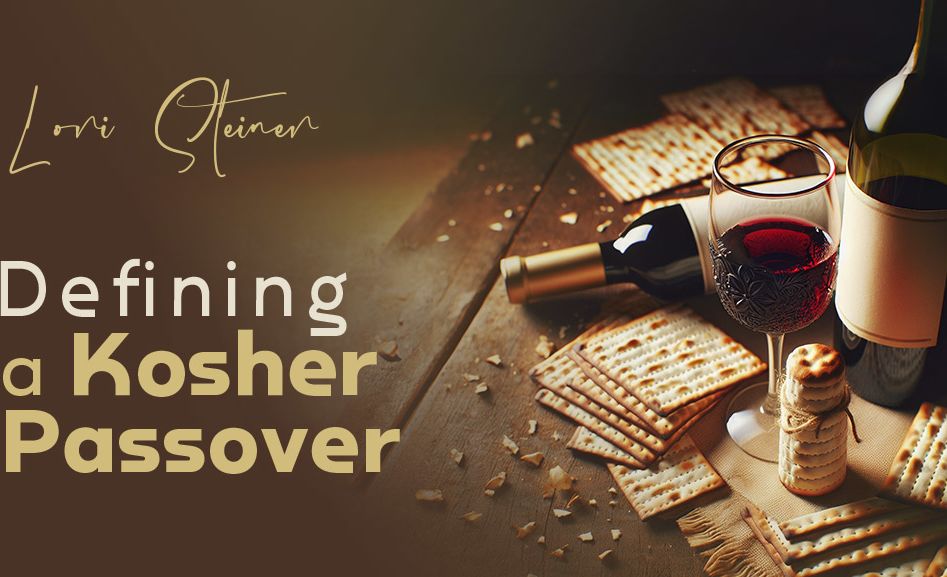
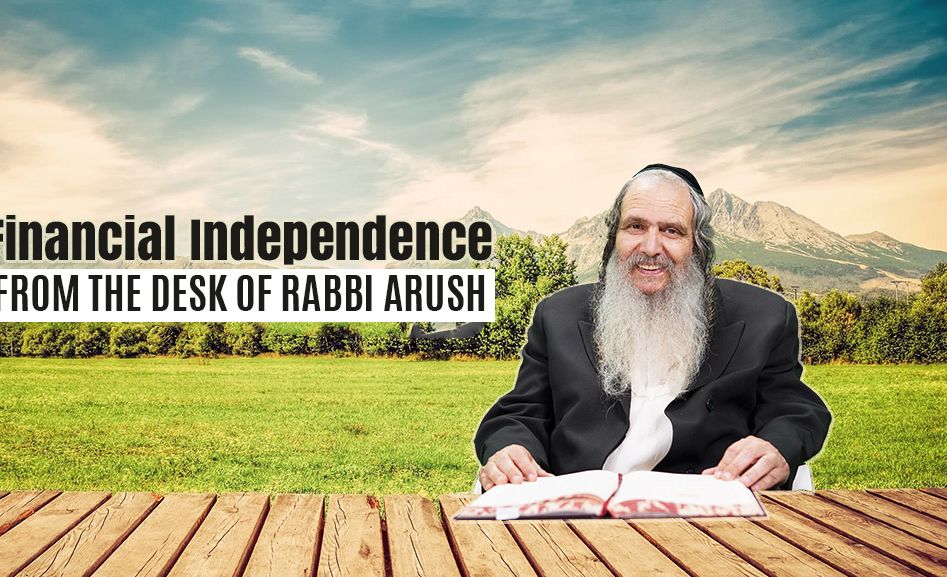
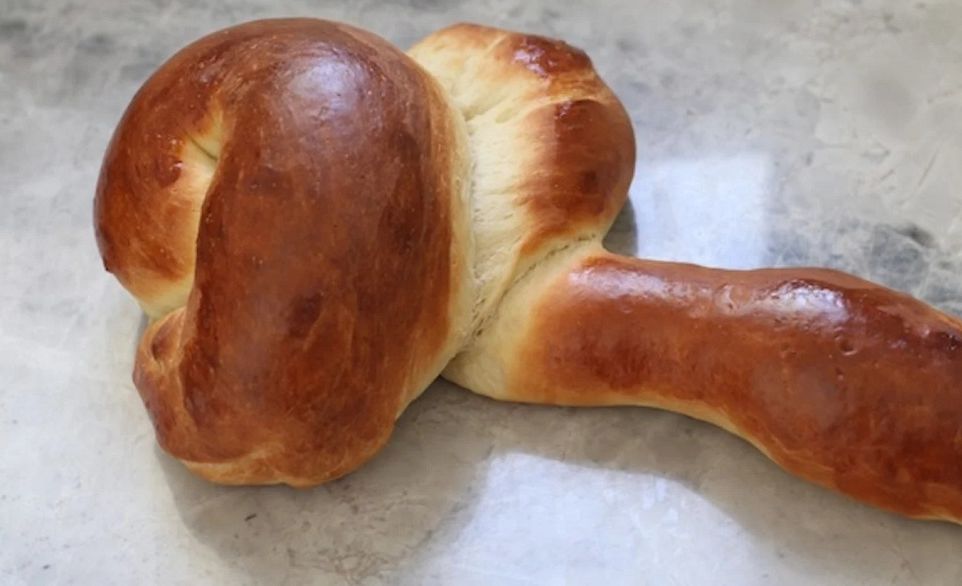
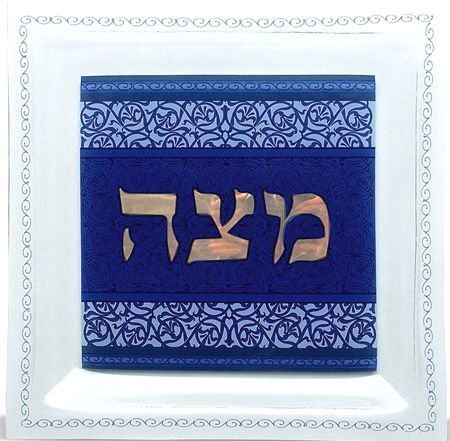
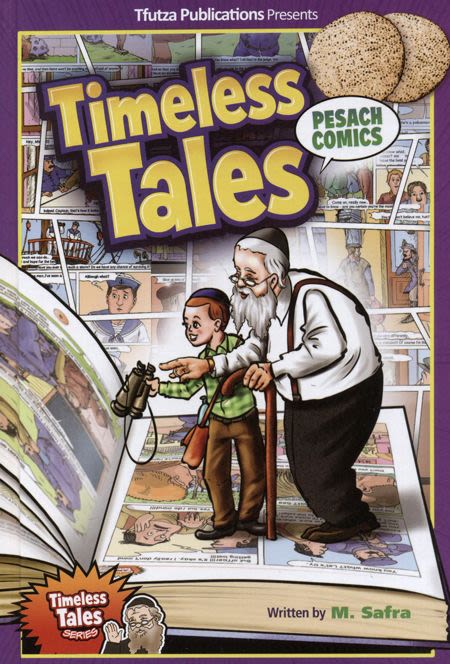
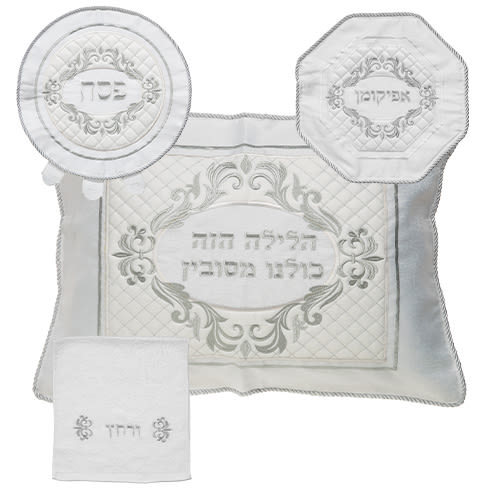
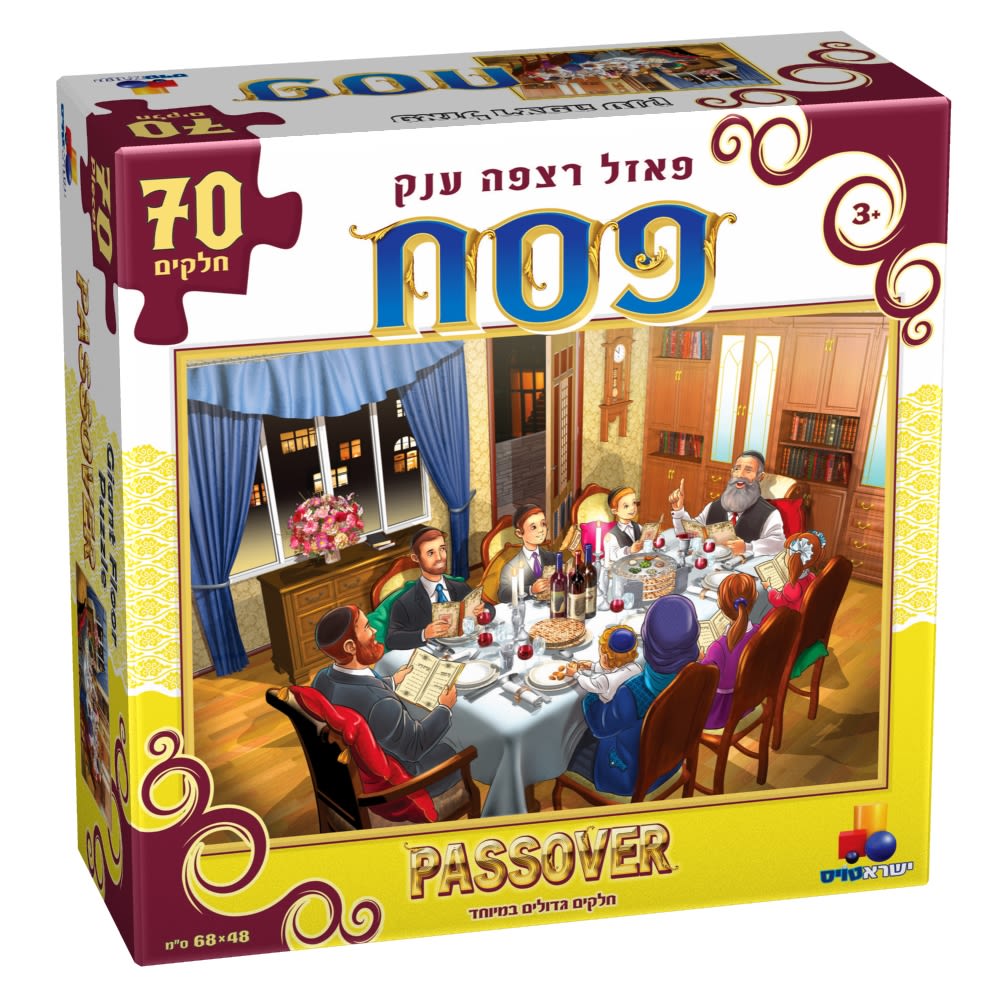
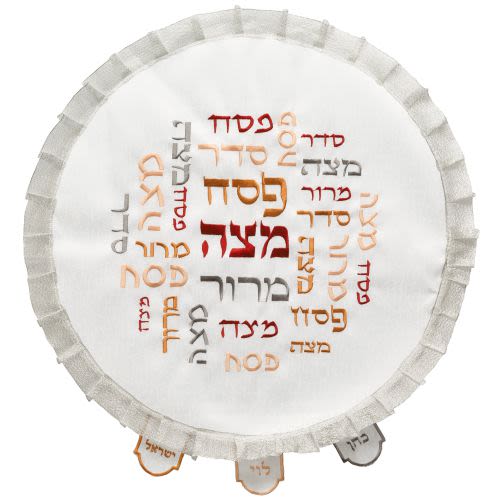
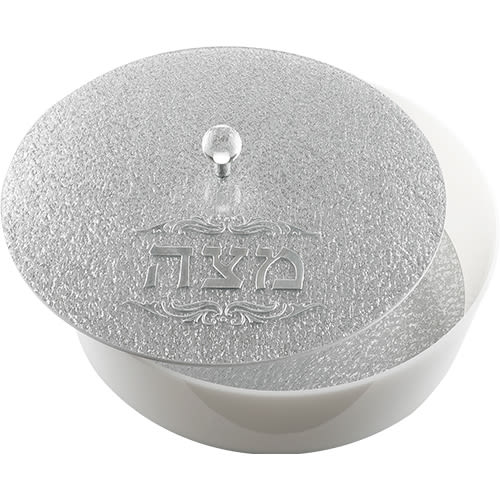
Tell us what you think!
Thank you for your comment!
It will be published after approval by the Editor.